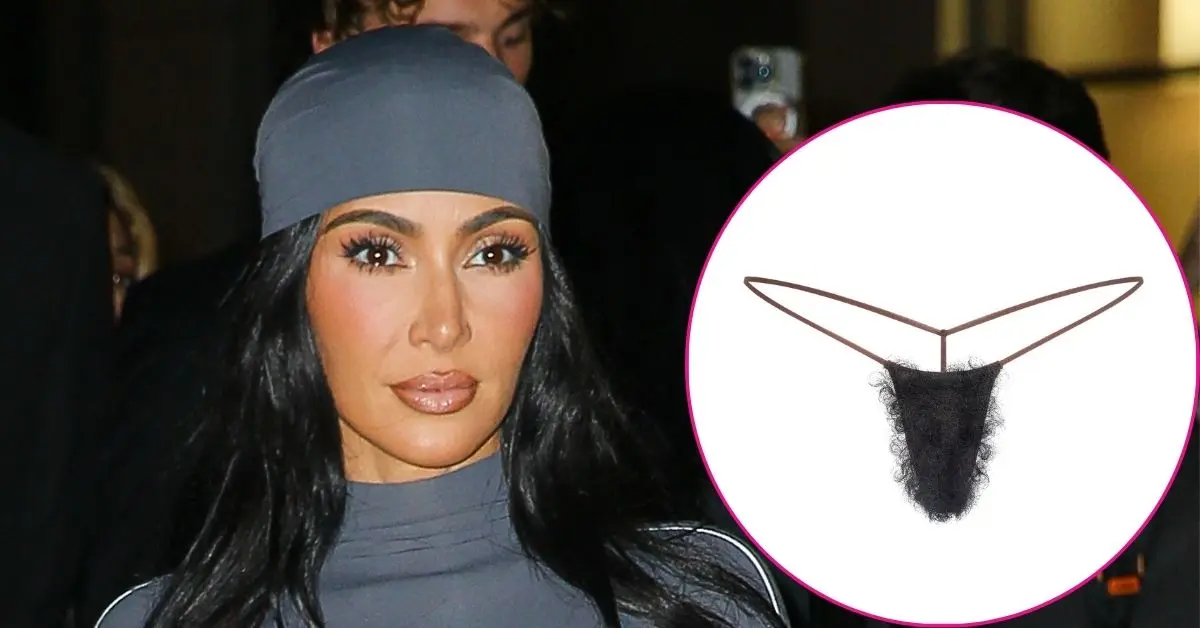Admitted to a hospital in Cecina, Tuscany, Toscani had recently expressed a sense of resignation regarding his health, stating he had unintentionally lost significant weight. His poignant reflections on life drew attention to his years of highlighting critical social issues through his art, such as AIDS awareness, racism, and the death penalty.
Benetton has honored Toscani’s contribution with the release of one of his iconic photographs from 1989, acknowledging the profound impact his work had on societal conversations. Born in Milan in 1942 to a prominent photographer, Toscani carved a niche in the fashion world, creating imagery that often sparked controversy and discussion. His bold campaigns, including those showcasing the harsh realities of war and suffering, challenged traditional notions of beauty and consumerism in advertising.
Toscani worked with numerous influential figures and magazines throughout his career, but it was his 18-year tenure at Benetton that solidified his legacy. He introduced diversity into the brand's campaigns, making the "United Colors of Benetton" a significant name in fashion. However, his provocative style frequently stirred unrest, showcasing graphic images that dealt with complex societal themes.
Controversial campaigns featured powerful imagery, such as a dying AIDS patient and the starkness of violence and racism in everyday life. Despite facing backlash and boycotts, Toscani's intention remained clear: to use fashion as a platform for raising awareness on pressing social issues.
His later work, including a contentious anti-anorexia campaign featuring the emaciated image of a model, further ignited fierce debate internationally about representations in fashion. Although Toscani briefly resumed work with Benetton in 2017, he parted ways with the brand for a final time in 2020 amid further disputes.
In his passing, Toscani leaves behind his beloved wife and three children, remembered by many as a creative force who dared to challenge societal norms through art and photography.
Benetton has honored Toscani’s contribution with the release of one of his iconic photographs from 1989, acknowledging the profound impact his work had on societal conversations. Born in Milan in 1942 to a prominent photographer, Toscani carved a niche in the fashion world, creating imagery that often sparked controversy and discussion. His bold campaigns, including those showcasing the harsh realities of war and suffering, challenged traditional notions of beauty and consumerism in advertising.
Toscani worked with numerous influential figures and magazines throughout his career, but it was his 18-year tenure at Benetton that solidified his legacy. He introduced diversity into the brand's campaigns, making the "United Colors of Benetton" a significant name in fashion. However, his provocative style frequently stirred unrest, showcasing graphic images that dealt with complex societal themes.
Controversial campaigns featured powerful imagery, such as a dying AIDS patient and the starkness of violence and racism in everyday life. Despite facing backlash and boycotts, Toscani's intention remained clear: to use fashion as a platform for raising awareness on pressing social issues.
His later work, including a contentious anti-anorexia campaign featuring the emaciated image of a model, further ignited fierce debate internationally about representations in fashion. Although Toscani briefly resumed work with Benetton in 2017, he parted ways with the brand for a final time in 2020 amid further disputes.
In his passing, Toscani leaves behind his beloved wife and three children, remembered by many as a creative force who dared to challenge societal norms through art and photography.






















